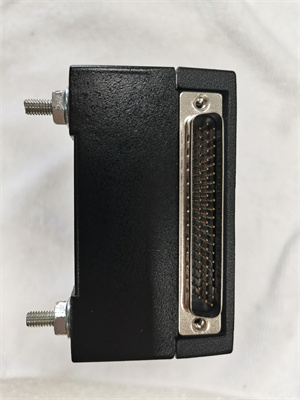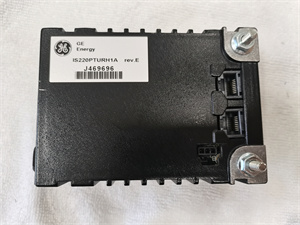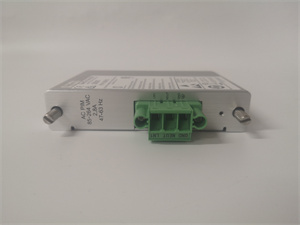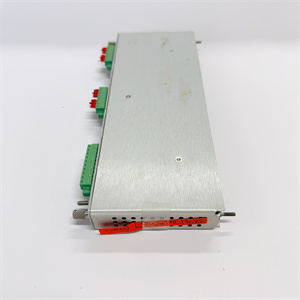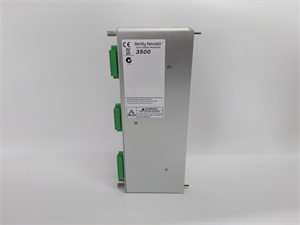Description
GE Fanuc IS220PTURH1A Primary Turbine Trip Module
GE Fanuc IS220PTURH1A is a high-reliability I/O trip module designed for critical turbine control systems, specifically engineered for GE’s Speedtronic Mark VIe series. This module serves as a primary interface between turbine control systems and field sensors/actuators, ensuring safe and efficient operation of gas and steam turbines. With dual 100Mbps Ethernet ports, advanced diagnostic capabilities, and rugged construction, the IS220PTURH1A delivers real-time data processing and redundant functionality, making it ideal for mission-critical applications in energy, power generation, and industrial automation .
Product Parameters
| Parameter | Specification |
|---|---|
| Input Voltage | 24 VDC ±10% |
| Power Consumption | 20 W |
| Communication Interfaces | Dual 100Mbps full-duplex Ethernet ports (RJ45) |
| Compatibility | GE Speedtronic Mark VIe control systems, third-party PLCs via standard protocols |
| Operating Temperature | -40°C to 85°C |
| Storage Temperature | -55°C to 100°C |
| Dimensions | 170 mm x 120 mm x 40 mm (compact form factor for space-constrained environments) |
| Weight | 0.5 kg |
| Processor | 32-bit ARM Cortex-A9 with 256 KB Flash and 64 KB RAM |
| Redundancy Support | Simplex, dual, and triple-redundant configurations |
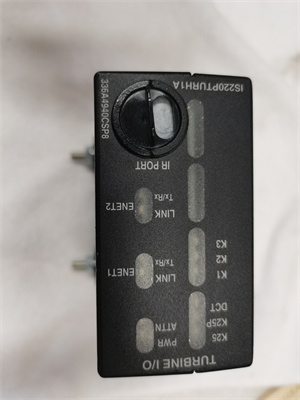
IS220PTURH1A
Advantages and Features
-
High Reliability:
- The IS220PTURH1A is built with redundant power supplies and error-checking mechanisms, ensuring uninterrupted operation in harsh industrial environments. Its Mean Time Between Failures (MTBF) exceeds 100,000 hours, aligning with GE’s rigorous reliability standards .
- Conformal coating on the PCB protects against moisture, dust, and temperature extremes, extending operational lifespan in challenging conditions .
-
Real-Time Data Processing:
- Supports high-speed data acquisition and transmission, enabling precise monitoring of turbine parameters such as speed, vibration, and temperature.
- Dual Ethernet ports facilitate seamless integration with GE’s Mark VIe controllers and third-party systems, ensuring low-latency communication .
-
Flexible Configuration:
- Modular design allows scalable deployment for simplex, dual, or triple-redundant systems, adapting to varying application requirements .
- Easy firmware updates via ControlST software ensure compatibility with the latest system enhancements .
-
Safety-Critical Functionality:
- Dedicated trip pack functionality triggers emergency shutdowns when 异常 conditions are detected, preventing catastrophic turbine failures .
- Built-in self-diagnostics identify faults instantly, reducing downtime and maintenance costs .
Application Areas and Use Cases
- Energy Sector:
Deployed in power plants to monitor steam and gas turbines, ensuring optimal performance and compliance with safety standards. - Oil and Gas:
Integrates with offshore platforms to manage compressors and pumps, enhancing operational efficiency and safety. - Manufacturing:
Used in high-speed production lines to synchronize machinery and prevent mechanical failures.
Case Study:
A major European utility company upgraded its gas turbine control system with IS220PTURH1A modules. By continuously monitoring vibration and temperature data, the system detected a critical imbalance in a turbine rotor during routine operation. The module’s trip functionality triggered an immediate shutdown, avoiding a potential €1.5 million outage. Post-installation, predictive maintenance reduced downtime by 35% within the first year .
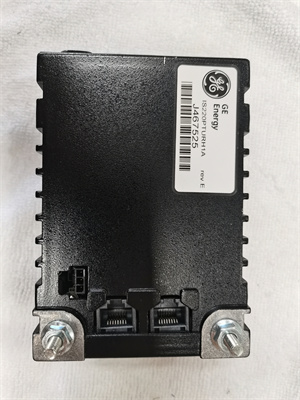
IS220PTURH1A
Competitor Comparison
The IS220PTURH1A outperforms similar I/O modules in:
- Redundancy: Supports triple-redundant configurations, whereas many competitors limit redundancy to dual systems.
- Temperature Range: Operates reliably from -40°C to 85°C, exceeding the typical 0°C to 60°C range of comparable products.
- Processing Speed: 32-bit ARM Cortex-A9 processor delivers faster data handling than legacy 16-bit controllers used by some competitors.
Selection Recommendations
- System Compatibility: Ensure the module aligns with your existing Mark VIe system and required communication protocols (e.g., Ethernet/IP).
- Environmental Requirements: Verify the operating temperature range matches your application’s conditions, especially for extreme environments.
- Redundancy Needs: Choose the IS220PTURH1A for mission-critical systems requiring triple-redundant protection.
Precautions
-
Installation:
- Follow GE’s guidelines for proper grounding and wiring to avoid electromagnetic interference.
- Use anti-static equipment during handling to prevent ESD damage .
-
Maintenance:
- Regularly inspect for loose connections and dust accumulation.
- Update firmware periodically to access the latest features and security patches.
-
Safety:
- Power off the system before performing maintenance to avoid electrical hazards.
- Ensure adequate airflow around the module to prevent overheating.


